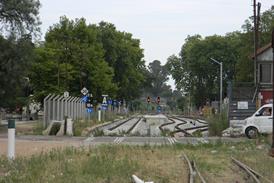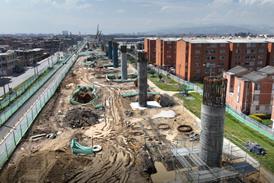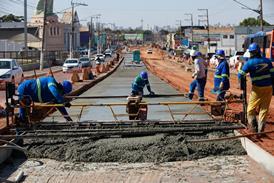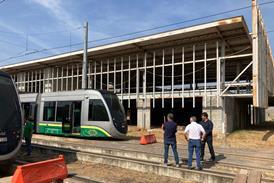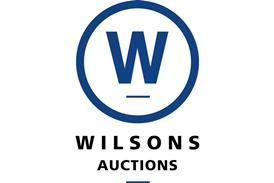Britain’s recently appointed Rail Regulator, Tom Winsor, announced on August 19 that he expects to sign in October an Enforcement Order requiring Railtrack to cut the delays which it causes to passenger trains by 12·7% during the year ending March 31 2000. This would be the first such order served on Railtrack by the Regulator, and if delays attributable to Railtrack this year turn out to be no better than 1998-99, it can expect to be fined £50·8m.
All delays to passenger and freight trains are meticulously recorded, and attributed either to a train operating company or Railtrack. The average delay attributed to Railtrack in 1998-99 was 68sec per passenger train movement, a reduction of 2% on 1997-98 and 40% less than 1995-96. Unfortunately, the 2% was well short of the 7·5% commitment demanded by a previous Regulator in July 1998. The present Regulator has added this shortfall to a further 7·5% promised for the current year in setting the latest 12·7% target, equivalent to an average delay of 59sec.
The terms of the Enforcement Order mean that Railtrack is automatically fined £4m for each percentage point by which it misses this target. The fine is not capped, so if Railtrack were to cause 5% more delay in 1999-2000 the fine would be £70·8m. The actual fine is likely to be far smaller because Railtrack says it has already achieved a 10% year-on-year reduction in April, May and June. Winsor also admitted under pressure that he could exercise discretion if extreme circumstances such as a hurricane occurred.
Realistically, the fine is likely to be in the £10m to £20m range. While this is hardly crippling when set against last year’s operating profit of £471m, the implications for shareholders are worrying. Winsor said explicitly that ’the money to pay the penalty will come out of the profits of the company and not out of amounts which the company must spend on investment.’ Were this to happen, ’firm enforcement action will follow, and follow swiftly.’ Also banned are ’poor investment decisions’ which are ’being made for immediate short term benefits at the expense of better decisions in the longer term.’
Pressures are mounting on several fronts for Railtrack to spend more. The Health & Safety Executive wants last year’s 24% rise in broken rails reversed - and quickly (p562). The train operators are demanding that additional tracks be constructed to meet ambitious aspirations to double passenger-km and triple freight tonne-km, even though the additional track access revenues would be quite inadequate to repay the investment.
Above all, Railtrack’s financial stability depends crucially on the outcome of the Regulator’s periodic review of track access charges - the company’s principal source of revenue. This takes effect from April 2001, but within 12 months Winsor will announce his conclusions. A Regulator who believes ’the time has come to take action to make the privatised railways treat the travelling public with the same respect as they treat their shareholders’ is unlikely to treat investors generously.

